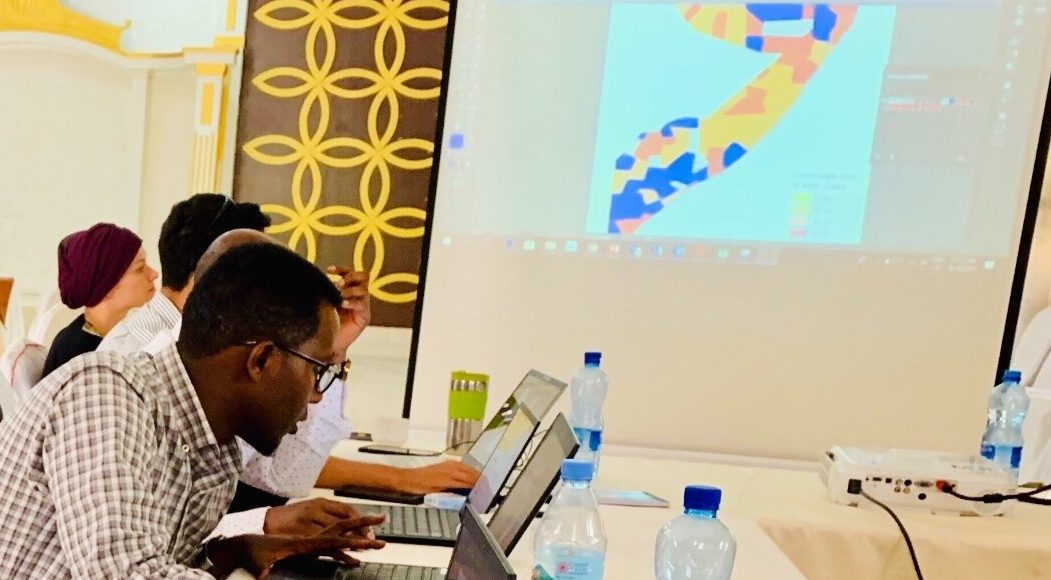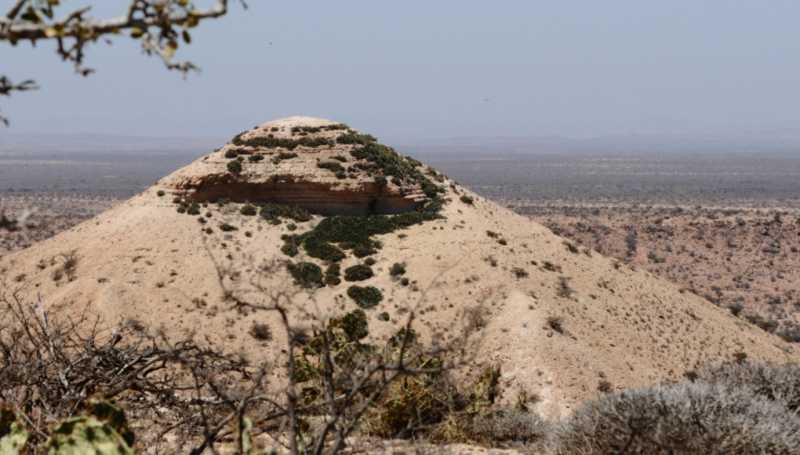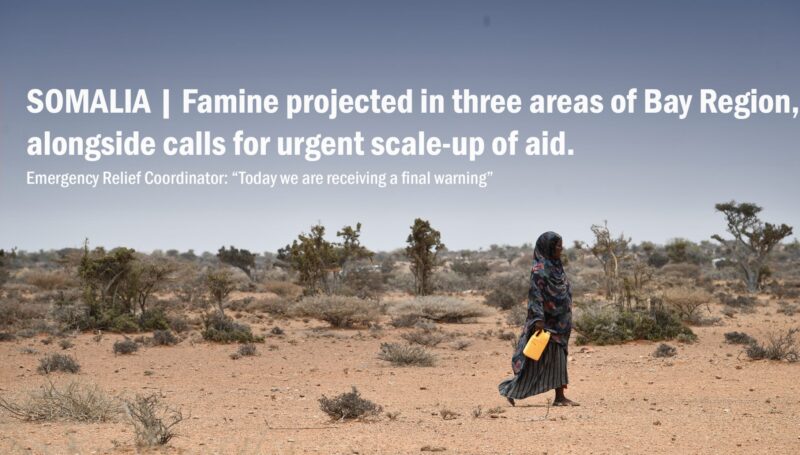Collecting data in crisis-affected countries: a human perspective
Assessments conducted through data collection and analysis are key for creating an evidence-based layer of information to effectively respond to humanitarian crises. Yet behind this technical and numerical world lie hard-working humanitarians who are operating on the ground to give a voice directly to those who benefit from assistance. Every month, IMPACT Initiatives will introduce a member of its staff working in the field and who is actively engaged in collecting information from affected populations to explore what drives them to keep improving humanitarian action.
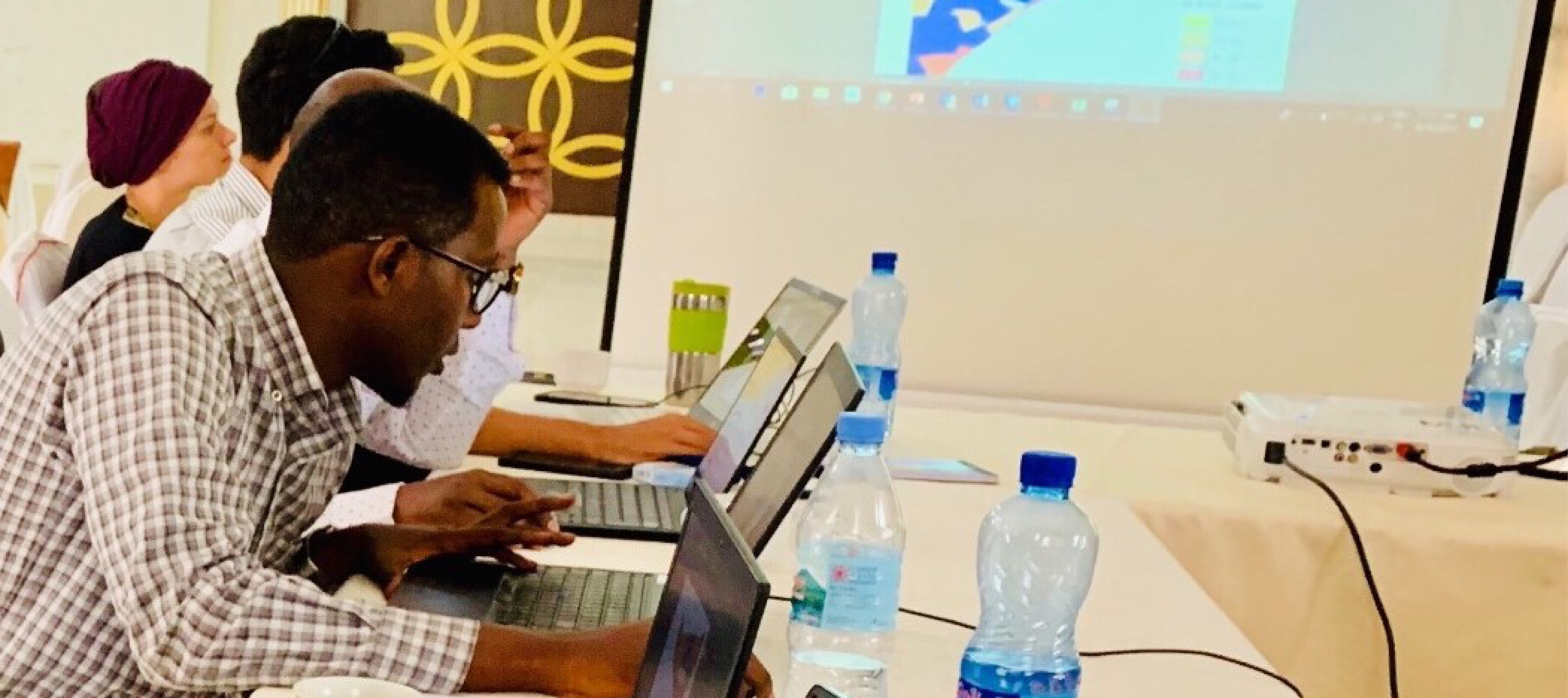
Meet Mohamed Shire, the cheerful 26-year-old Somalian whose current life revolves around helping communities in his home country
Your mission. I’ve been for working REACH as an Assessment Officer, based in Hargeisa, for over a year now. At the moment, I am part of the team that is working on the Joint Multi-Cluster Needs Assessment that is key in informing the two major humanitarian response processes in my country, the Humanitarian Needs Overview and the Humanitarian Response Plan.
On Somalia. Even for me, describing the situation in Somalia is quite complex. Aside from the ongoing armed conflict, insecurity, and the need to respond to the vulnerabilities of millions, the severity of the crisis is constantly exacerbated by cultural barriers, repeated shocks, and now climate change.
Typical workday. I’m in charge of drafting the questionnaires that then get delivered to the households who receive humanitarian assistance. I need to make sure that our team of local enumerators on the ground know how to collect the information with respect, clarity, and efficiency. I also support data cleaning, reporting, and generally the analysis of massive amounts of data that land on my desk. Sometimes I also travel in Mogadishu to meet with our cluster counterparts. Most of the time, I’m on Skype directly liaising with our field officers collecting the data.

Mohamed presenting to humanitarian colleagues in Hargeisa
Proudest achievement. This year I focused a lot on an information product called the Detailed Side Assessment in Somalia where we collected sector-specific data for the Camp Coordination and Camp Management (CCCM) Cluster. The data collection was extremely intense, with a total of 1700 sites assessed across 57 districts in Somalia. Yet the results were incredibly satisfying, with a comprehensive factsheet published for each district, and this has immense value for the humanitarian community. I was receiving many emails from UN partners, NGOs operating on the ground, all commending the work done or asking for more.
Working for REACH in one word. Awesome
Why? In Somalia, we have a saying that goes “When you have information, you have the solution.” This is exactly what I do on a daily basis. Informing better solutions to relieve communities of their suffering through information based on their actual needs, as reported by them directly.
Most important teaching. On a personal level, I feel like I’m finally impacting communities. Proof of this can be seen in my recent nomination to the Young African Leadership Initiative, launched by President Obama, where the main criteria was community impact. I feel like with REACH’s mission as a whole I am exactly where I want to be.
On evidence-based response. I think the role of data is one if not the most important facet contributing to an effective humanitarian response, for several reasons. First, needs change and evolve constantly, and vary from place to place, sometimes even within the same district. Monitoring them closely and precisely is the only way to actually help affected populations. Also, the only way we can have a proper indication if the humanitarian community is responding well to a crisis is if we have data informing accountability. One thing which we do well at REACH is to be completely transparent, with open-access to our datasets, methodologies and all our information products. This enables humanitarians and beneficiaries to jointly understand how data can positively contribute to humanitarian action.
Your dream? I want to keep impacting communities more and more and on a larger scale. To do this, I need to be where most of the policies and decision-making takes place. So in the next 10 years, I hope to get closer and closer to the Executive Council of the African Union, for example.
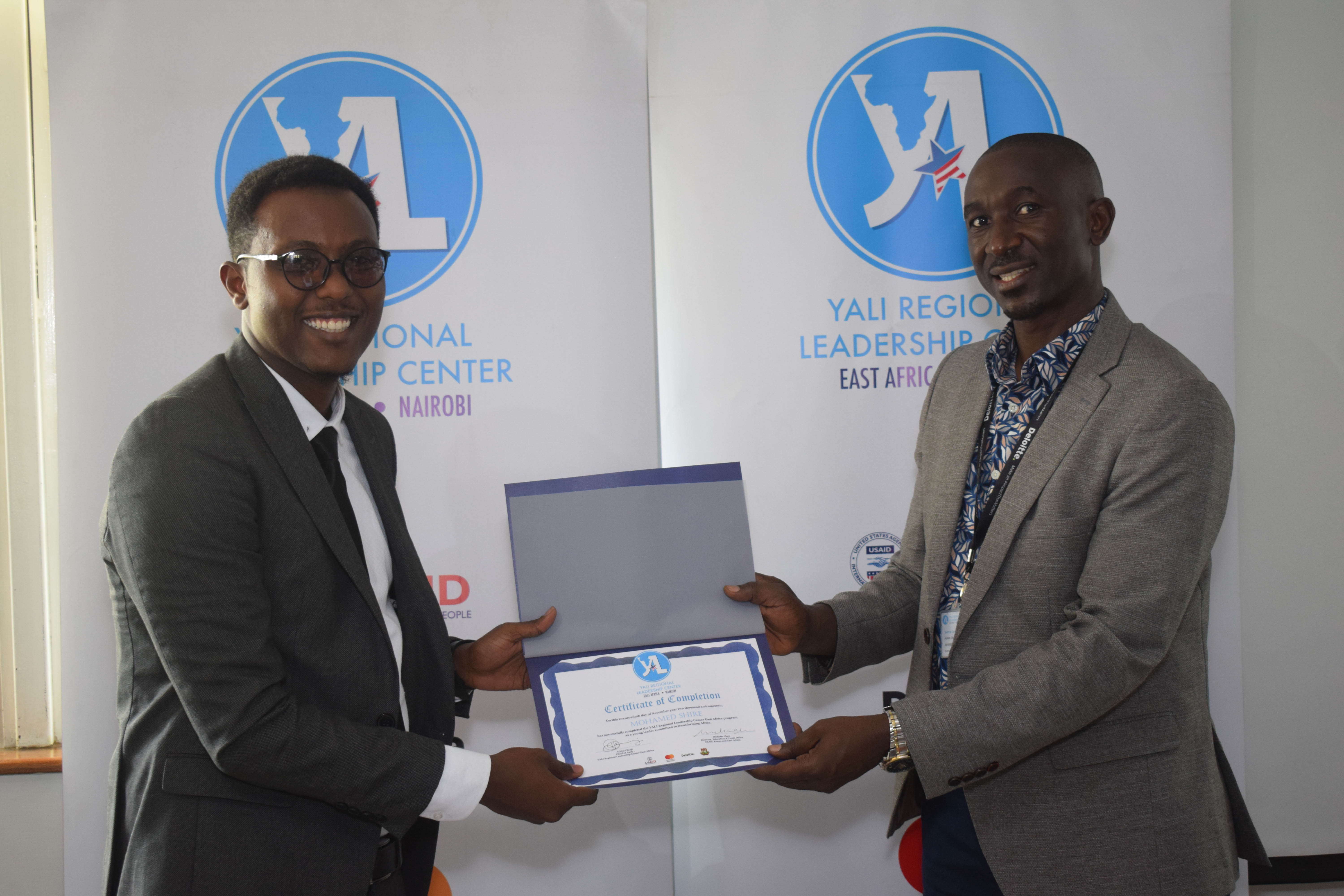
Mohamed receives the Certificate of Excellence from the Yali Regional Leadership Initiative for East Africa
For more information
Learn more about REACH in Somalia.
Interested in the team? Apply online.
For questions, or media requests, feel free to contact:
Alejandra Gaviria, Somalia Country Coordinator, [email protected]
Emmanuel Gamard, Communications Officer, [email protected]





